SENSE. Newsletter 2024
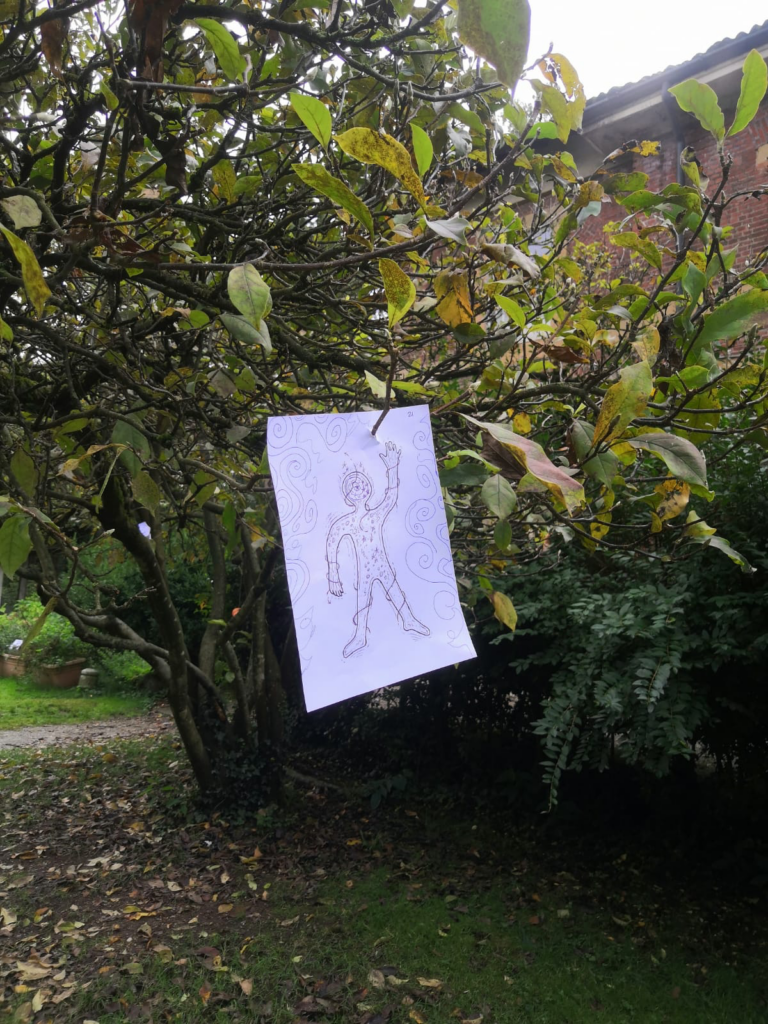
Coordinator’s introduction
Dear SENSE community,
Happy New Year to you! As we look back on an exciting 2024, I feel immense pride and enthusiasm for our journey together in the SENSE project. Over the past year, our SENSE.STEAM Labs have become vibrant hubs of community engagement and discovery, while reimagining science education and scientific inquiry.
We have achieved remarkable success with 13 labs in 12 countries, involving over 4000 young people, teachers, parents and professionals. The commitment and energy of everyone has been truly inspiring. They demonstrated that science is for everyone, addressing real-world issues such as gender equality, social creativity and democratic participation.
Flexibility and adaptability have been crucial. The openness of our learning sequences and the diversity of participants led to unexpected and significant results. This shows the importance of trusting the process and embracing the unplanned.
As we move forward, we will use our learning to create lasting and impactful educational journeys. Insights from our activities will shape future learning sequences. Together with supporting tools for feedback, evaluation and communication, these sequences will contribute to our roadmap for STEAM education. We look forward to sharing these through our digital hub to help parents and educators, policymakers and industry stakeholders develop tailored strategies.
But our work is not done. Bold policy changes are needed to tackle Europe’s challenges, from sustainability to the gender gap in STEM careers. Read our policy recommendations!
This year, we will build on our previous successes. Our digital learning hub will be launched in spring 2025, providing an interactive space for practitioners to explore and apply the SENSE methodology. We invite you to be an early adopter and part of our growing network. Get in touch: hvl-sense.hvl.no (or any applicable email address)
Let’s continue together to inspire, innovate and make a lasting impact on science education.
Lydia Schulze Heuling Professor and coordinator of the SENSE. project, Western Norway University of Applied Sciences |
13 STEAM Labs making science education more inclusive and impactful
How do we turn science education into real-world inquiries that matter to young people and their communities? 13 SENSE.STEAM labs in 12 different countries engaged more than 4000 young people, teachers, parents, and specialists from diverse disciplines to explore how science education can address real world challenges such as gender equality, climate change, and democratic participation beyond the classroom.
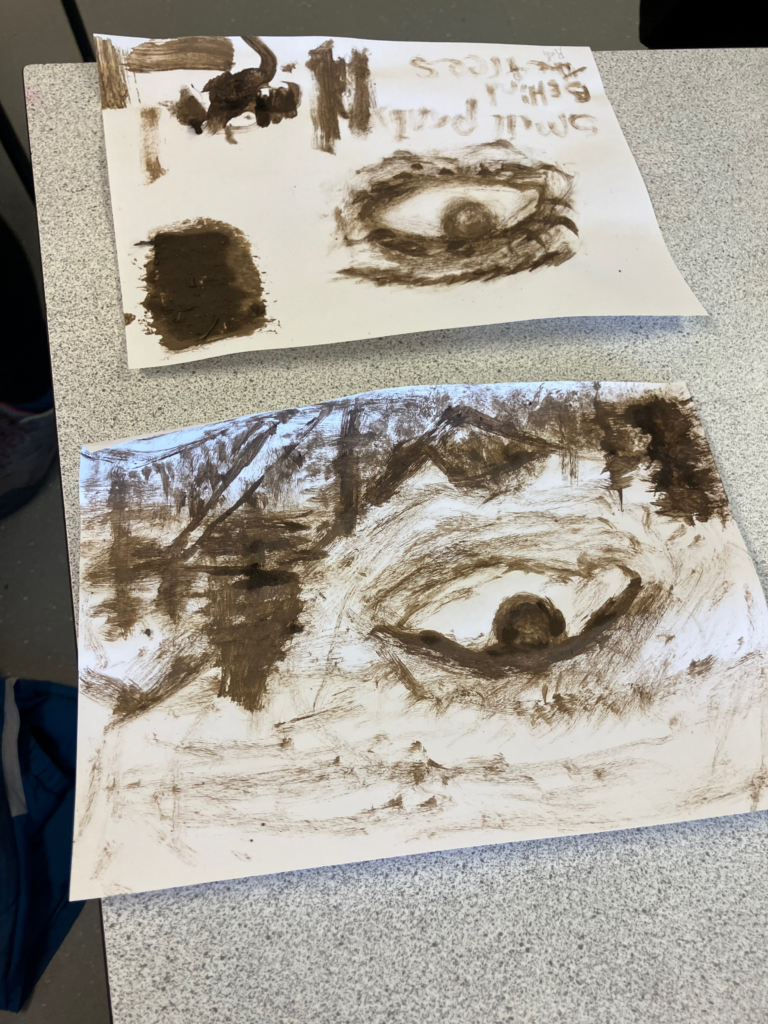

These labs provided a platform to test and refine our unique pedagogy during more than 250 implementation activities and adopted participatory, arts-based methodologies to address real needs of participants within and beyond school.

Due to the openness of the learning sequences and the unpredictable heterogeneity of participants, flexibility and variation turned out to be absolutely crucial when applying our methodology. Although this might deviate from the current standardization requirements, it should be perceived as a chance to trust the process and to appreciate the uncertainty of often beautiful outcomes. Check out the Lab stories videos to catch a glimpse of the diversity.
The Power of SENSE.: Engaging senses and emotions to foster change
Through participatory activities and tools like body portraits, pre- and post-engagement measures, and rich storytelling, the labs evaluated how these activities redefined participants’ perceptions of themselves, their senses and their environment. All groups showed high engagement, high wellbeing and low boredom after being involved in a SENSE. activity. The results also showed the methodology’s adaptability across contexts and its ability to engage diverse groups. All of this is in sharp contrast with ‘traditional’ science education outcomes.

Because of the emphasis on needs-driven design, SENSE.STEAM can be aligned with national school curricula, covering topics like optics and sound, with key skills such as handling of scientific instruments and data analysis; biodiversity and climate with project-based technological design, imagination and action.
The labs’ outcomes will inform the development of future educational materials and the roadmap to STEAM Education. Promising activities from the labs will be shared via the digital hub, enabling educators, policymakers, and other stakeholders to adapt and implement strategies tailored to their local needs. These efforts mark a significant step forward in creating accessible, impactful STEAM education for diverse audiences.
Soil painting on historical grounds
In late October 2024, first-year teacher education students from Western Norway University of Applied Sciences spent a day doing outdoor activities at Hordamuseet near Bergen, Norway. This open-air museum, beautifully situated by the sea, features a collection of old wooden houses from the region. On this crisp October day, students engaged in activities such as baking traditional flatbreads, casting tin ornaments, exploring nature sounds, and participating in the SENSE. STEAM. activity “The Order of Things.”
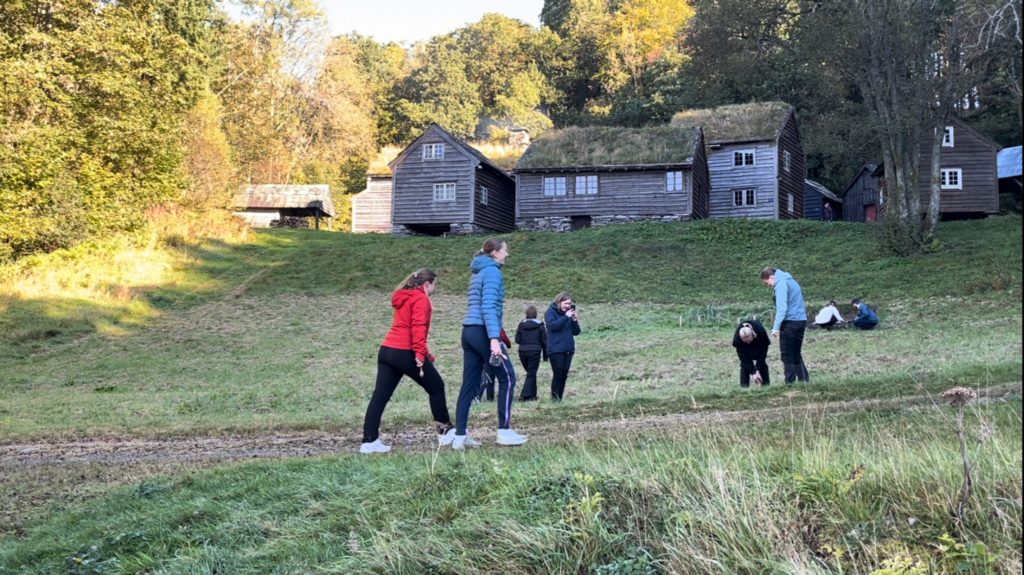
“The Order of Things” took place both outside and inside a cozy historical wooden house. Students first ventured outside to collect soil from different locations. They then described the smell, texture, colour, appearance, and associations of various soil types, emphasizing how senses help organize “the order of things.”
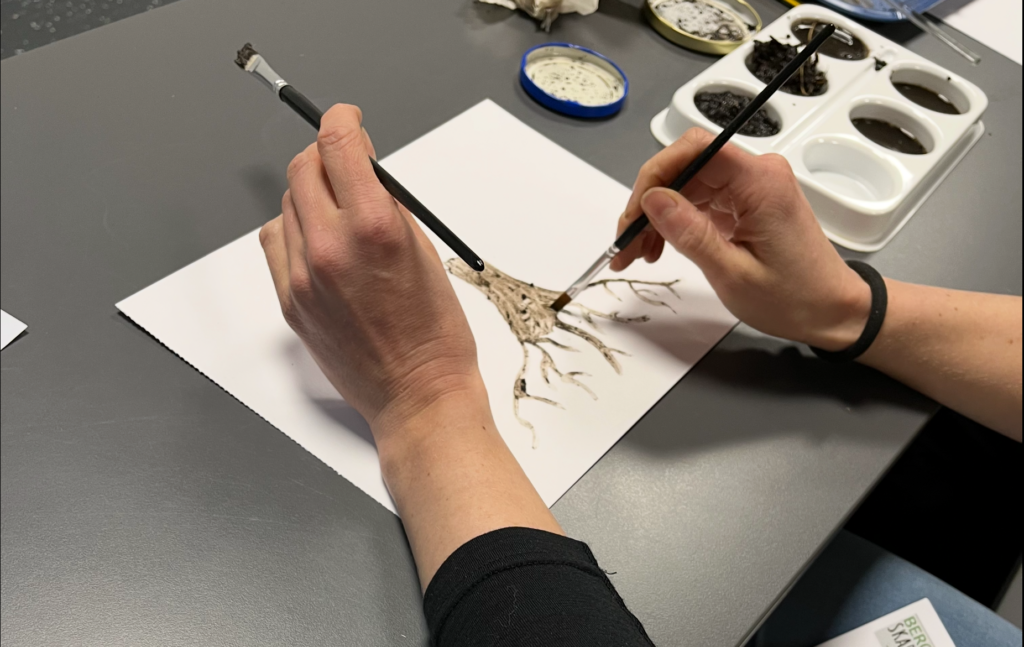
By adding water and shaking soil samples in jars, students produced different sounds and transformed the samples into paint. In the final creative session, students made paintings inspired by the areas where they collected the soil. Feedback was positive, with one student saying, “I learned that soil is quite different just by using my senses,” and another noting, “This activity is suitable for everyone, even those who find school challenging. It’s great for pupils to use their senses and actually touch what they learn about!”
Exploring approaches to space and social inclusion
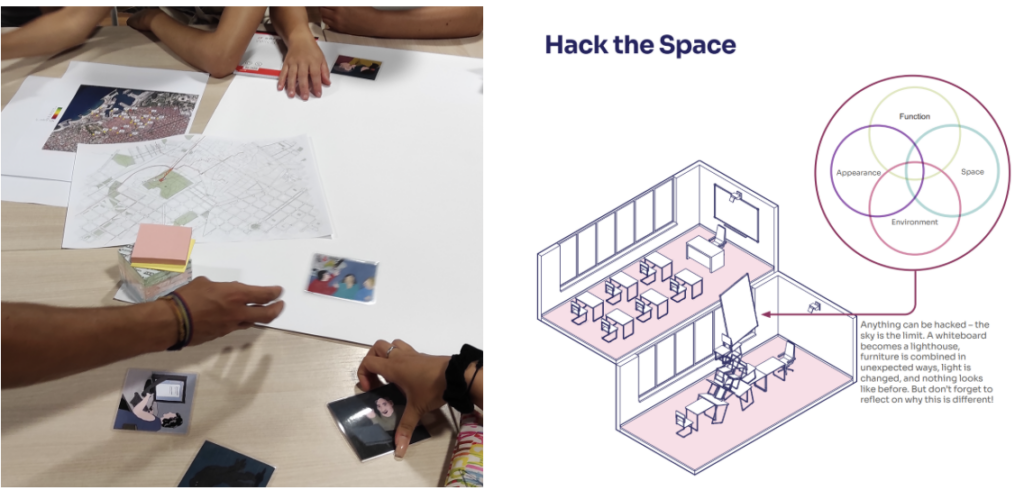
The SENSE. methodology regards social inclusion and social creativity not as static destinations; rather, they represent ongoing efforts that require continual reflection and adaptation. An intersectional approach takes into account the different backgrounds of learners, and the implications.
The consortium developed self-reflective toolkits on space and social creativity that provide a structure, examples, first-hand experiences, and recommendations for educators, community leaders, students, or anyone who wants to be cognizant of social creativity and space when planning a learning activity. The toolkits intend to cultivate environments where diverse perspectives and identities are valued. They follow an open-ended design which allows it to be adapted to various contexts, encouraging individuals from all backgrounds to contribute to exploring spaces and an inclusive culture.
The SENSE. Labs all considered the physical environment and its impact on the activities. We found that space is integrated in the making process itself. School environments were largely at odds with the needs of learners. Labs turned spaces into supportive environments facilitating the activities, or “explorative” use of space turns the physical environment into a purposeful tool to achieve STEAM-specific objectives.
See the Social Creativity Toolkit
Europe needs bold policy changes in science education
Europe faces multiple social challenges, such as an urgent need to address sustainability and technological change, women being underrepresented in STEM careers, decreased interest and performance in science and increasing education segregation.
EU policies envision accessible, gender-equal education across all sectors, yet Europe is still far from reaching these goals. Despite numerous initiatives, progress has been slow, and currently a backlash on gender is observed globally, highlighting the urgent need to reimagine and transform our approach to science education.
We invite decision makers to pursue the following recommendations:

Inclusive Needs Assessments – Develop science education policies and practices that recognize diverse needs through comprehensive intersectional gender analyses.

Holistic Learning Experience – Reduce compulsory schooling and rigid grading to make way for a more learner-centered, needs based and holistic educational experience to capture diverse learning styles, boosting engagement and interest, especially among girls.

Integration of Arts & Citizen Science – Incorporate artistic and citizen science activities in STEAM to foster empathy, creativity, and resilience.

Flexible Learning Pathways and establish collaborative open schooling frameworks – Provide diverse alternatives to traditional schooling, such as community centers, Civil Society organizations and apprenticeships, to accommodate varied learning styles and promote the educational continuum. Linking formal, non-formal and informal learning to promote STEAM education and encourage students to further their interests outside the school setting.

Future-Oriented Curricula – Support the emotional and empathetic engagement of students in learning by implementing curricula centered on awareness, action and advocacy in STEAM.

Encouraging the design of STEAM spacesthat consider the overall quality of experience alongside functionality, and promoting participatory, reflective and inclusive design strategies that create spaces reflecting the views and feelings of all participants.
Join us in our journey on Future Making Education!
The consortium will build on the LAB and projects work to build the Roadmap for STEAM Education and a digital learning hub. The Roadmap will guide practitioners, teachers, youth workers, advocates to employ SENSE. methodology for inquiries with young people making an impact. Activities, methodologies and tools will be displayed in the digital learning hub, an interactive digital space for practitioners. The first version will be online in spring 2025. We invite you to test the first version of the digital hub and join our network as an early adopter. Contact us, visit our website and follow our social media for further directions.
